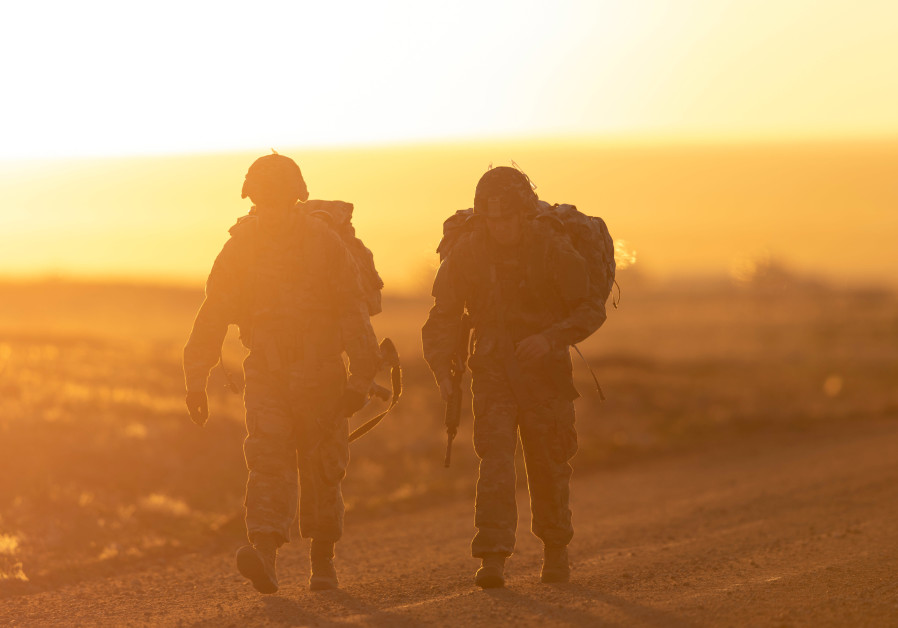U.S. deploys 1,500 troops to Middle East, blames Iran for tanker attacks

An air defense artilleryman and a cavalry scout approaches the mid-point of a 12-mile ruck march during Fort Carson’s Best Warrior competition in Colorado, April 26, 2019. (photo credit: SGT. MICAH MERRILL / U.S. ARMY PHOTO)
Join Jerusalem Post Premium Plus now for just $5 and upgrade your experience with an ads-free website and exclusive content. Click here>>






Comments are closed.